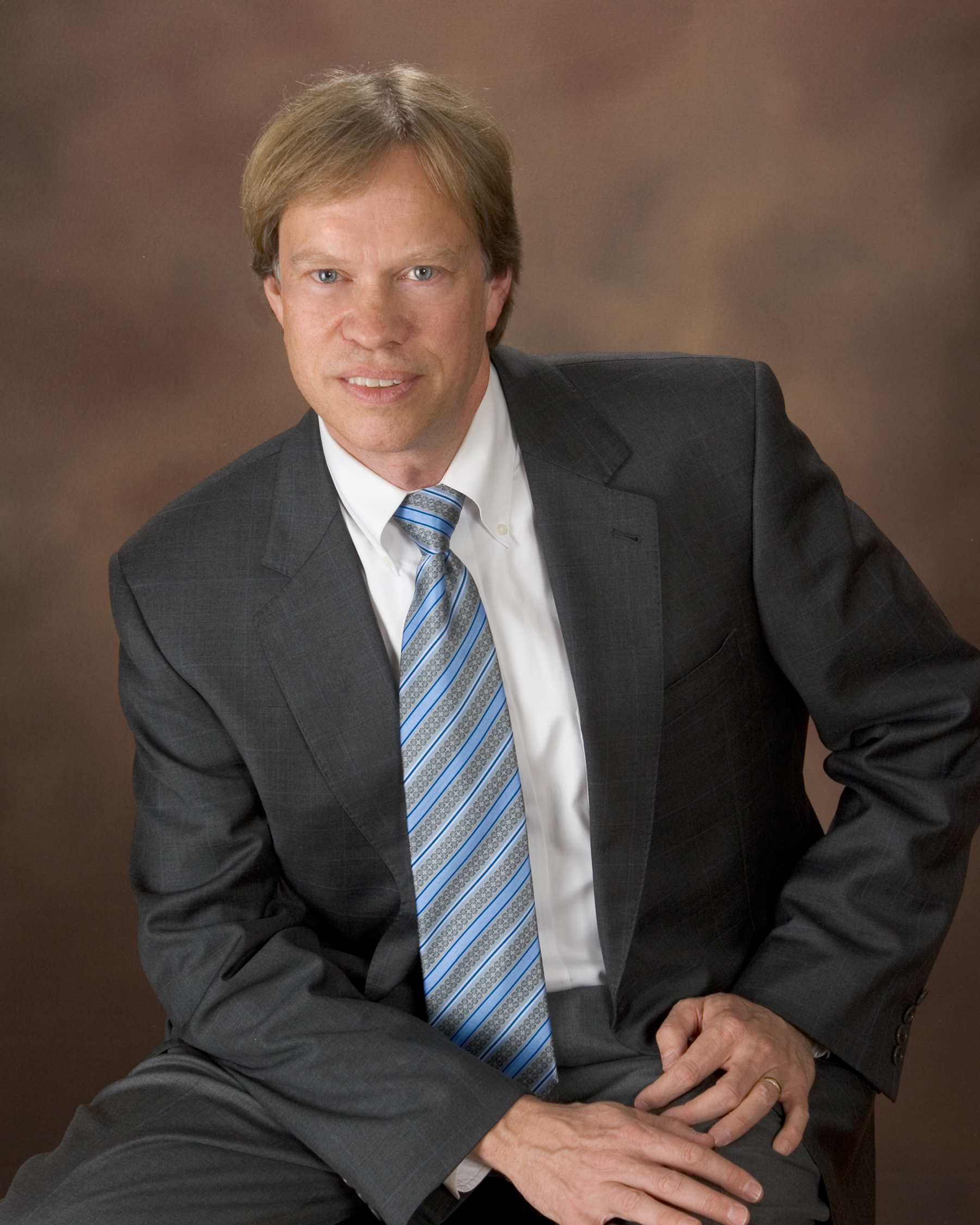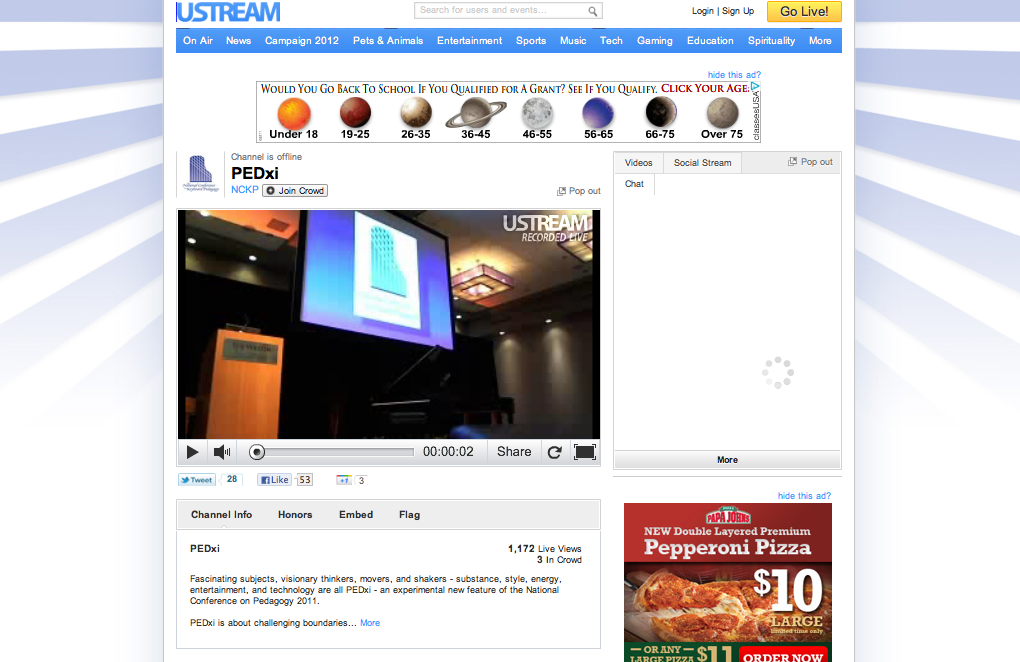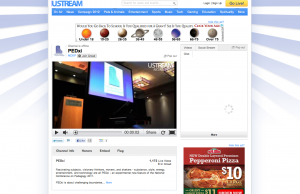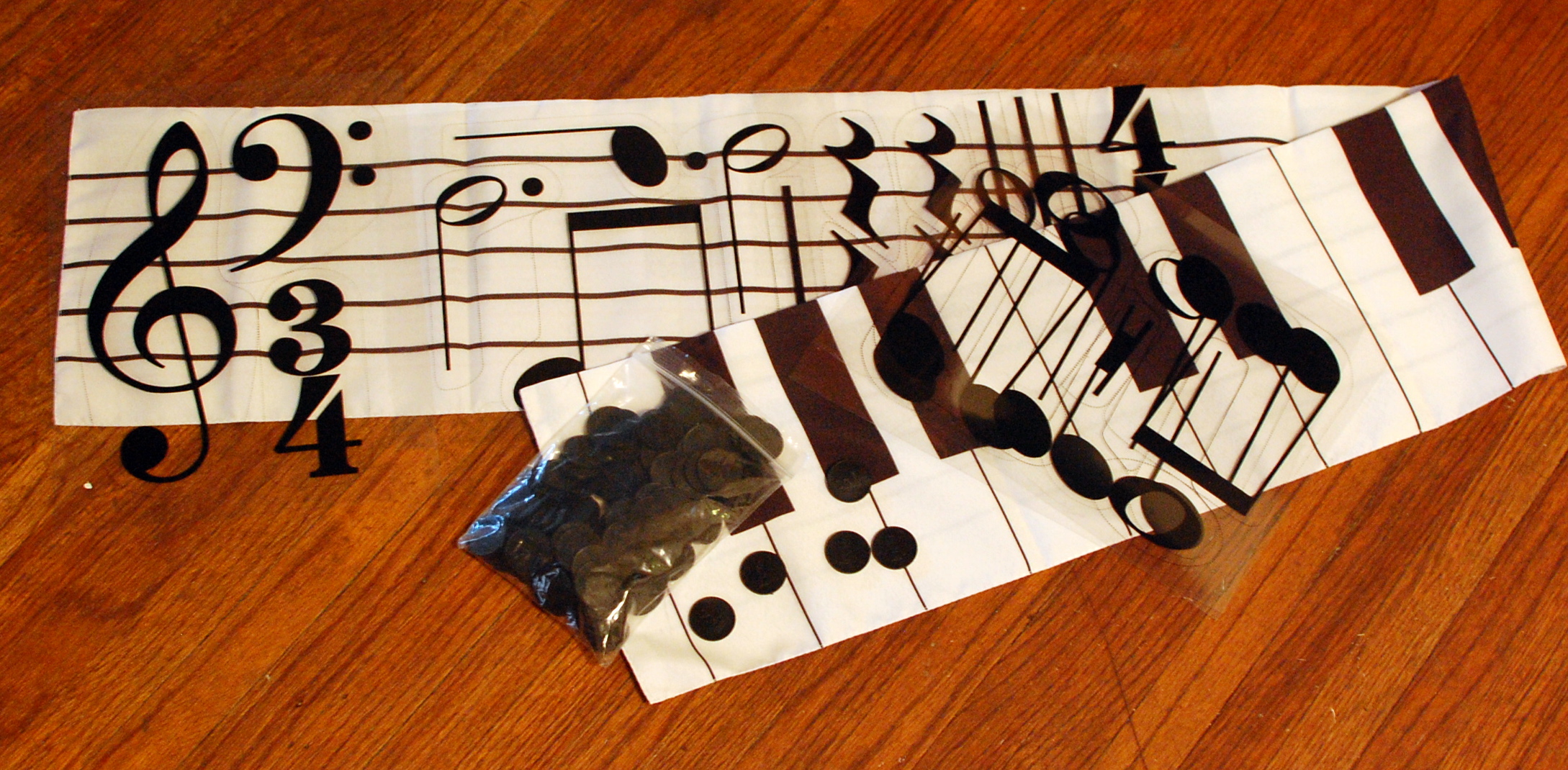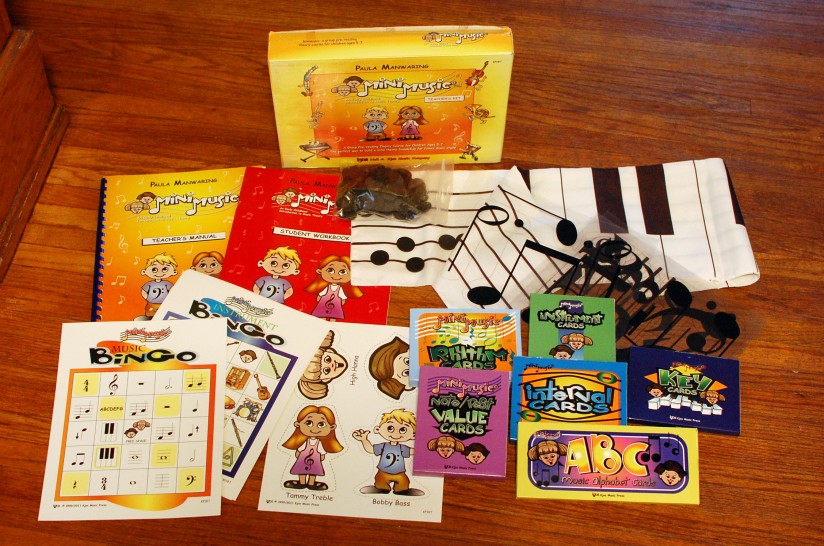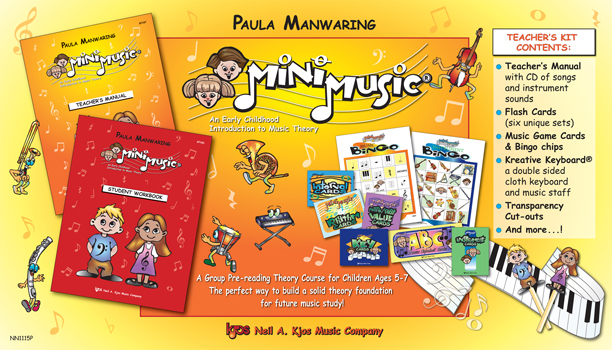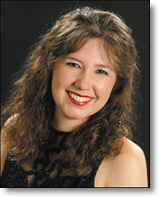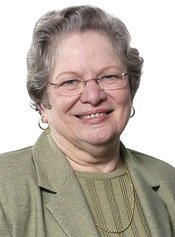I don’t normally post on Saturdays, but I’m so close to having all my conference notes posted that I decided to finish up today with the last one rather than wait until Monday! Whew, thanks for bearing with me through the long haul! Lucky for us, the last one is a good one. 🙂
I’ve always wanted to hear Dr. Faber speak since I am a huge fan of the Faber Piano Adventures method, and I’ve heard such good things about their sessions. At the NCKP, I had the privilege of attending their publisher showcase and this session on student-centered teaching, which provided a lot of insight into the Fabers’ research on human learning and their teaching philosophy in general. It was fascinating!
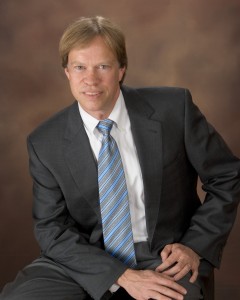
Student Centered Teaching: The Process, by Randall Faber. F @ 11:15am.
Dr. Faber began by talking about the teacher perspective. He shared a wonderful photo of a child sitting on the piano bench, eager and excited to learn, looking up into the camera (or into the teacher’s eyes). The next photo was of a stern looking teacher, looking over his reading glasses from his chair alongside the piano. Everybody laughed when they saw this photo! This is the student perspective!
Joking aside, though, sometimes we aren’t always doing the job we think. Sometimes we simply tend to teach the way we were taught because that’s what we know. Dr. Faber made an argument that in order to be the most effective as teachers, we need to be as student-centered as possible. Continue reading “NCKP 2011 | (13) Student-Centered Teaching, by Randall Faber” →




